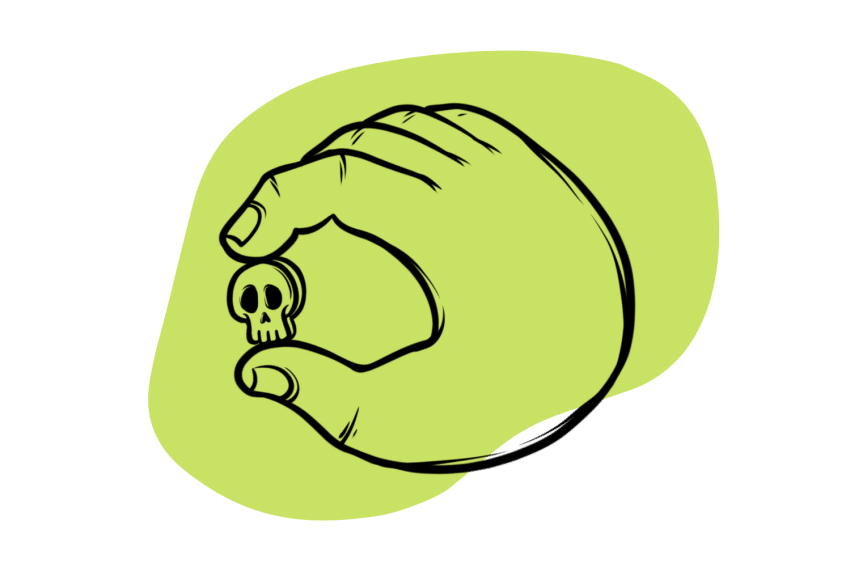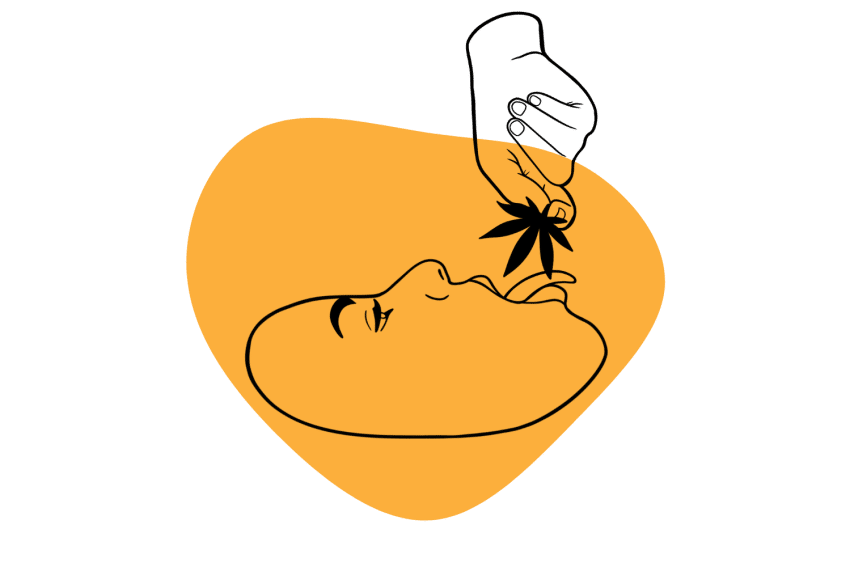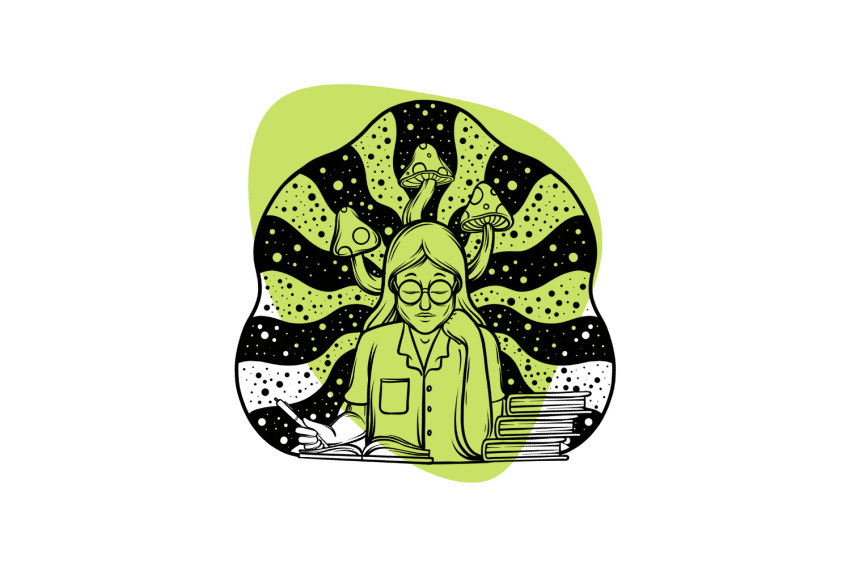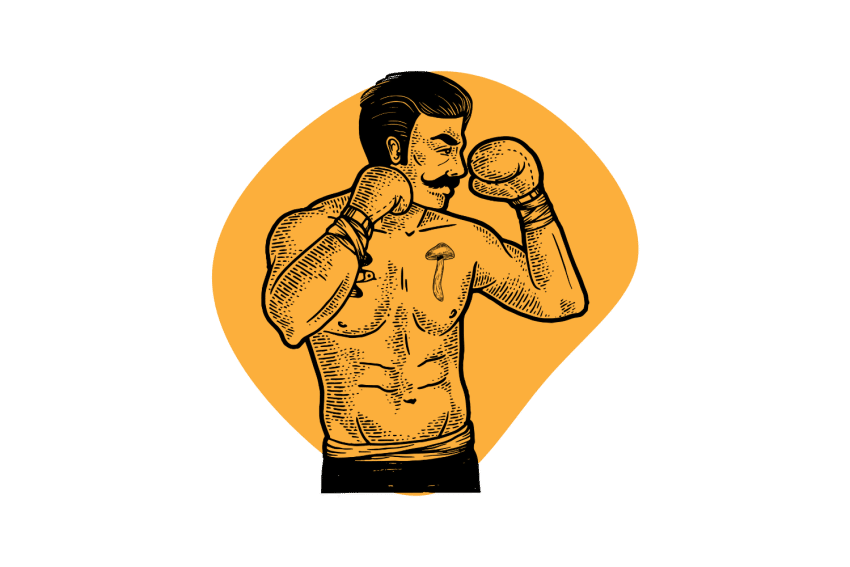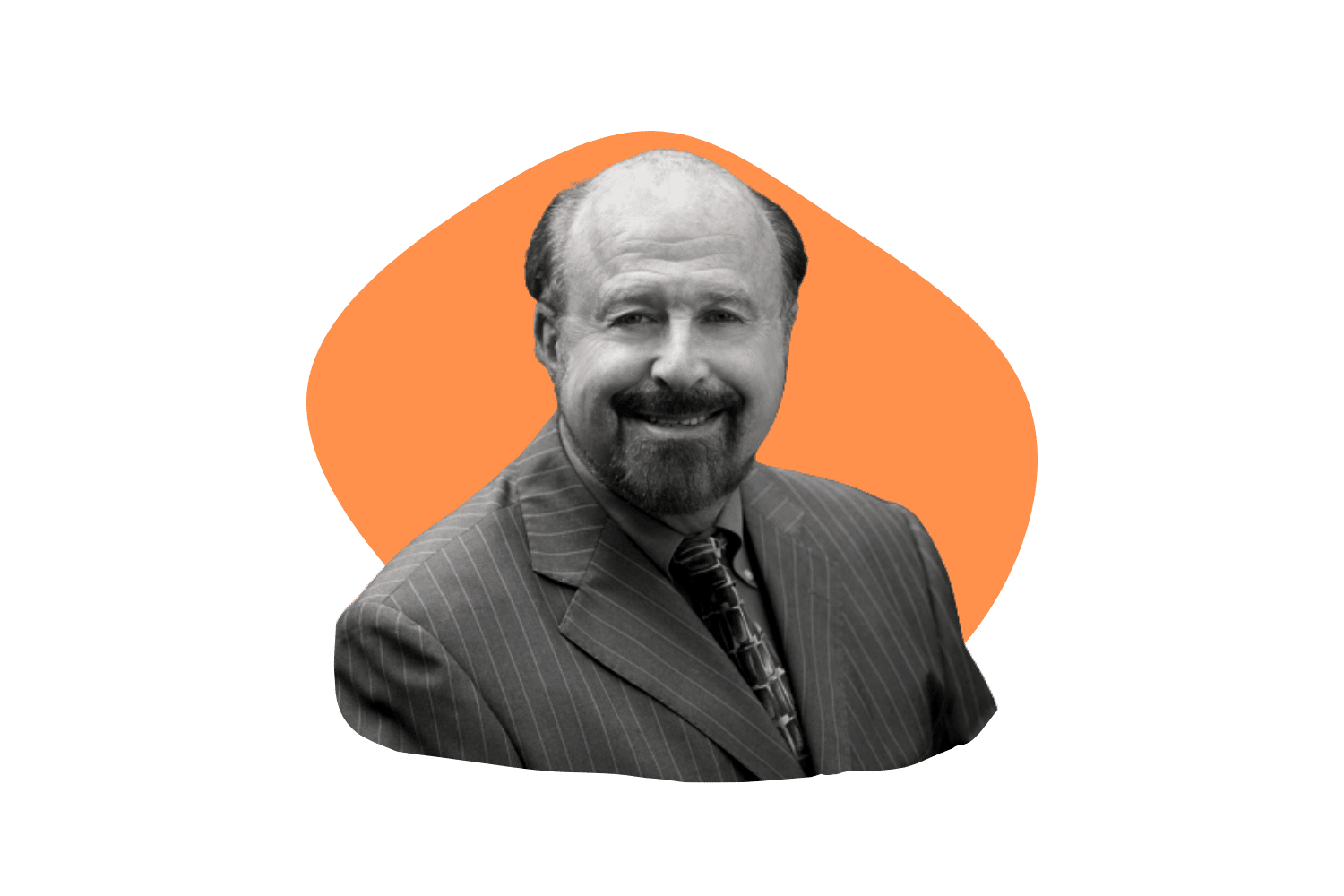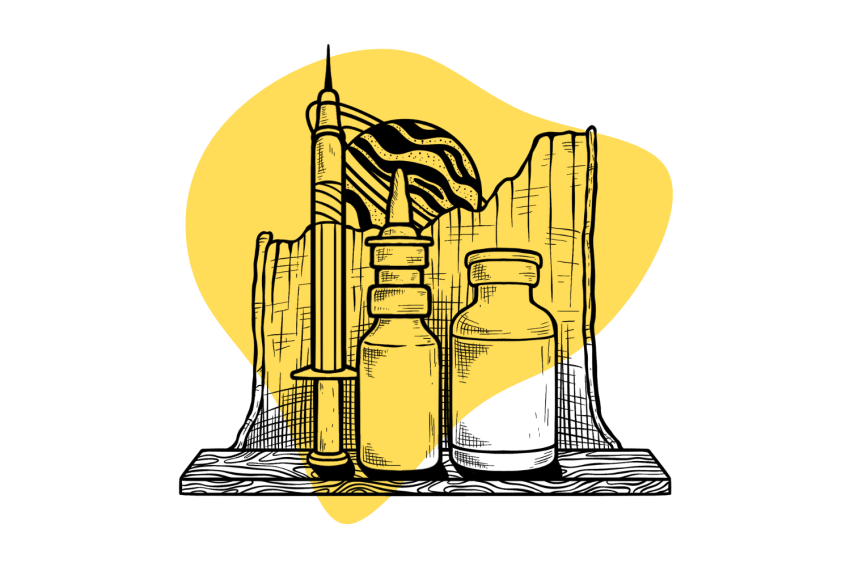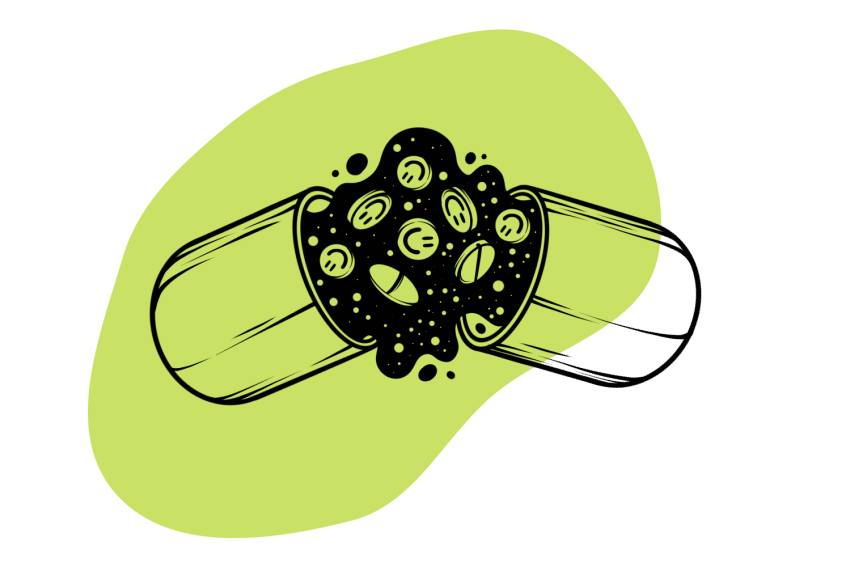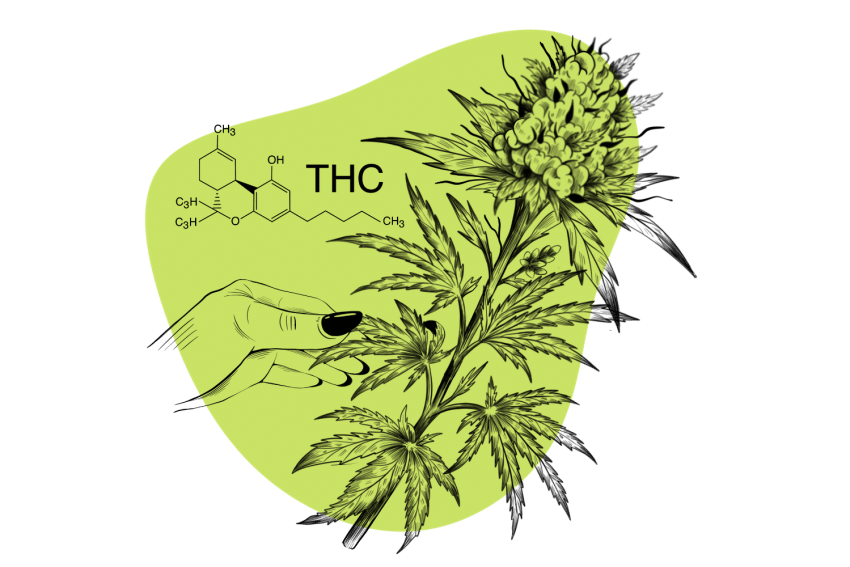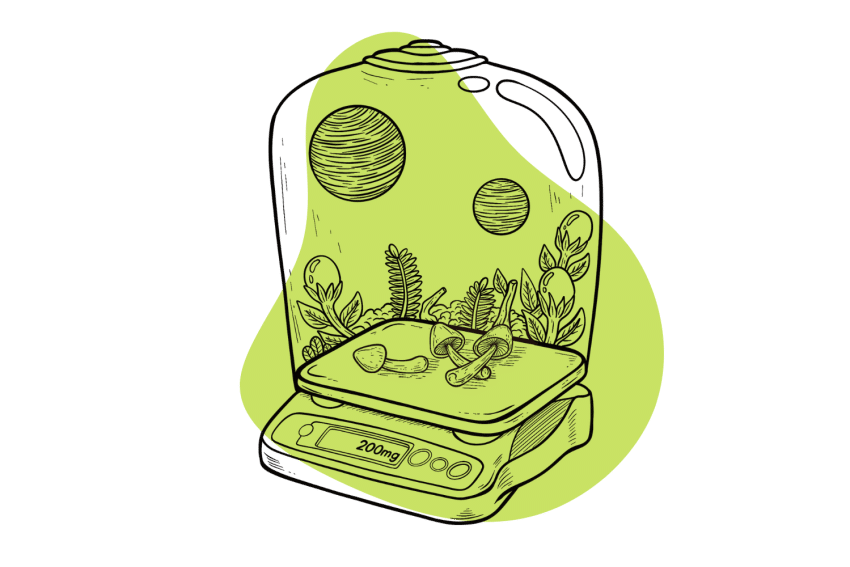Category: Microdosing
Microdosing is the practice of taking very small (sub-perceptual) doses of a psychoactive substance for improving focus and concentration, connection, or self-growth and development.
A microdose is too small to produce any noticeable hallucinations or altered states of perception but provides a change in brain chemistry.
The most common substances used with microdosing are LSD, magic mushrooms, or MDMA.
Could MDMA be the next microdosing craze, or does the risk outweigh the reward? Research is currently limited, but here’s what we know so far.
Cannabis users are constantly looking for ways to benefit from the cannabinoid without getting high. So, does microdosing THC actually work?
Low doses of psilocybin, LSD, & other psychedelics show promise as a new potential treatment for ADHD. ?Here’s what the research suggests so far.
Learn how athletes are microdosing LSD and magic mushrooms to gain an edge on the competition.
Microdosing isn't new; it's just new to us; unnecessary laws kept us from the truth. Fadiman's research ushers in a form of therapy we can all benefit from.
Ketamine powerful hallucinogenic compound similar to PCP. It's shown a lot of promise recently as a new treatment candidate for depression.
MDMA is more than just a party drug. Evidence suggests MDMA is an effective treatment for PTSD, social anxiety disorder, & more.
Cannabis sativa has a long list of health benefits.
The psychoactive form, marijuana, is a popular visionary plant species for growth & integration.
Microdosing is the practice of taking small, non-psychoactive doses of psychedelic substances like LSD, psilocybin, or mescaline.
Learn the benefits & how to do it safely.
